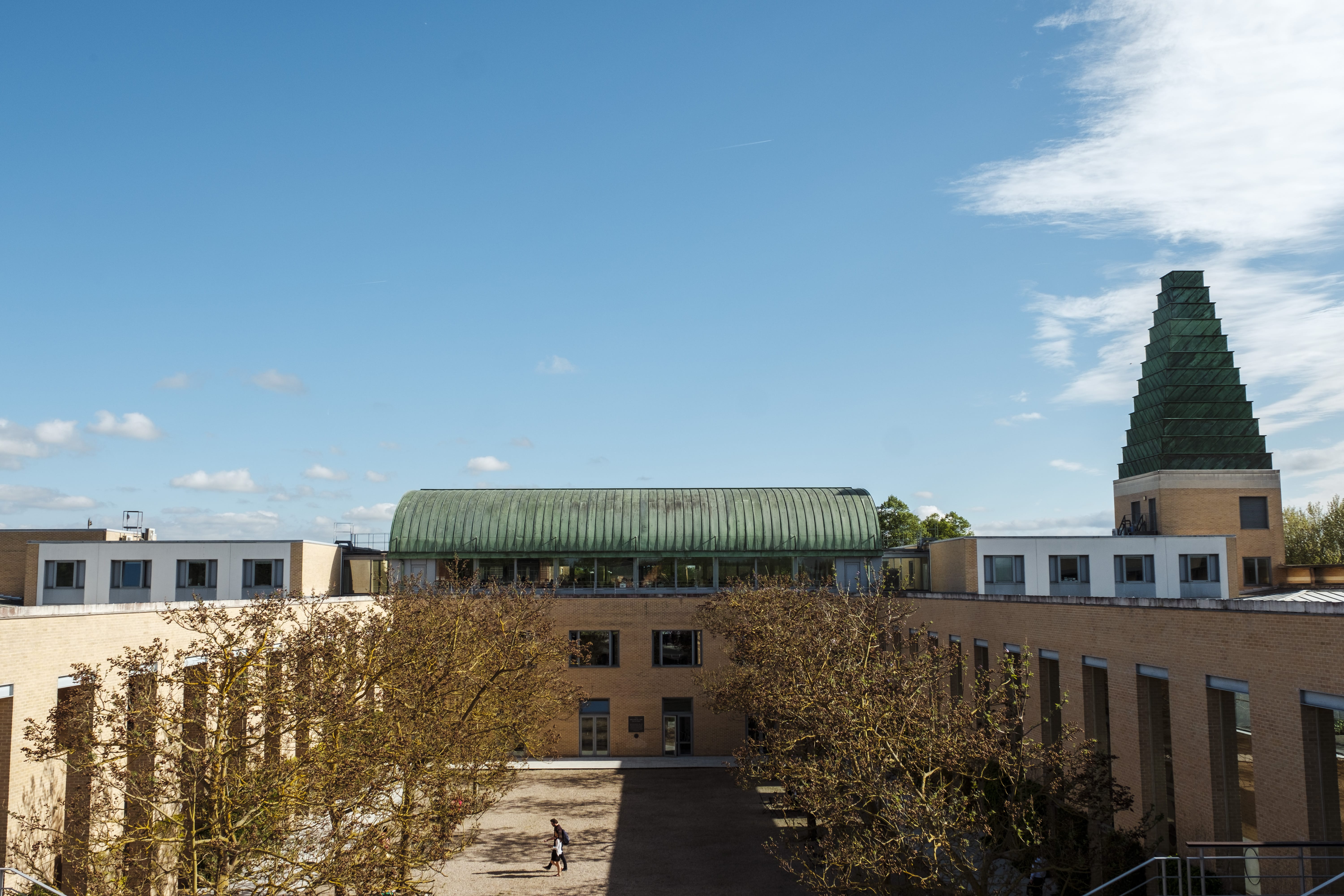EY Future Partner Development Programme
The programme we have created with Saïd Business School for our future partners has been terrific. We’ve partnered well together and made real breakthroughs in the self-awareness and breadth of so many participants.
The Future Partner Development Programme (FPDP) plays an important role in supporting EY’s mission to be the world’s top professional organisation.
The programme is designed to accelerate the development and appointment of Partners to all EY service lines in the UK and Ireland. To date, over 200 participants have been through the programme, which has already led to several Partner admissions.
EY is one of the leading full scope professional services firms globally, providing assurance, tax, transaction support and advisory services to its clients. Operating as a partnership, key factors in achieving growth are the number of Partners and their performance as individuals and teams. This demands not only technical excellence, but also commercial skills, appreciation of the wide variety of changes impacting on a global scale and the mindset to see opportunities where others see challenge and make the right changes happen – both for clients and for the firm.
To achieve its strategic objectives, EY’s UK and Ireland business has set out to grow its Partner team, with a deliberate focus on sourcing from internal candidates as much as possible. The firm established the Future Partner Development Programme with Saïd Business School to accelerate the progression of its best people to Partner admission, and help them to succeed more quickly in the role of Partner from the very start.
The programme’s development started with the appointment of the Oxford Saïd Programme Director, a former senior partner in another firm with previous responsibility for partner admissions and development. Senior EY Partners were interviewed to gain their insight into typical strengths and weaknesses of recent Partner candidates and performance of new Partners in their early years. Recently admitted Partners were also interviewed to understand the challenges they experienced in making the transition to partnership and performing in their first few years as Partners.
The programme has five learning objectives:
- Helping participants to move beyond being a technical expert in one of EY’s four service lines to be a leader across the whole of EY
- Increasing participants’ commercial engagement and understanding
- Improving participants’ self-awareness and enabling them to better understand their personal strengths and weaknesses
- Helping participants to anticipate and appreciate the challenges and realities of being a Partner
- Encouraging and stimulating collaboration and teamwork across the network
Target audience and programme structure
The programme is aimed at potential future Partners, two to three years prior to their projected admission. Over 18 months, participants attend five three-day residential modules, each sponsored by a senior EY Partner who is present throughout.
The first module is focused on gaining a better understanding of the current and future marketplace, and broadening participants’ perspectives. Subsequent modules then enable participants to understand and reflect on their own leadership style, how they interact with colleagues, their relationships with external stakeholders and, finally, the practical realities of becoming a Partner.
Reflecting on the success of the programme, Maggie Stilwell, UK&I Managing Partner for Talent says 'The sponsoring Partners are delighted with the impact the programme is having, and comment on how motivating and inspiring they find the time they spend with each cohort. When it comes to delivery, nothing is too much for the team at Saïd – they are committed to getting all the detail right to ensure a quality learning experience for every participant.'
Learning methods
The modules use a range of learning strategies, including classroom teaching, group activities and experiential sessions. Key to the architecture is Oxford’s 'Swirl' Model, which explores how professional services firms can achieve competitive advantage, and the behaviours required of Partners to make it last. A personal version of the model helps participants to reflect on themselves, where their strengths lie and where they could usefully develop or change behaviour.
Experiential learning is an important part of the programme; participants have been asked to conduct a choir, role play themselves as Partners, tell personal stories, improvise and produce dramatic performances.
'To enable the participants to really think differently and properly consider their leadership capabilities, it’s important to take them out of their normal environment and comfort zones. Everything we do is designed to enable them to throw themselves fearlessly into such situations, and the sooner they do so, the more they learn and the more positive impact they have.' Graham Wright, Associate Fellow and Programme Director.
FPDP has been the best course, technical or not, that I have been on in my career. The skills I have learned are invaluable and I have already started using them. The client conversation skills I have developed have helped me with a £2m client win, providing advisory services (and that’s not even my own Service Line). All in all, a brilliant course.
